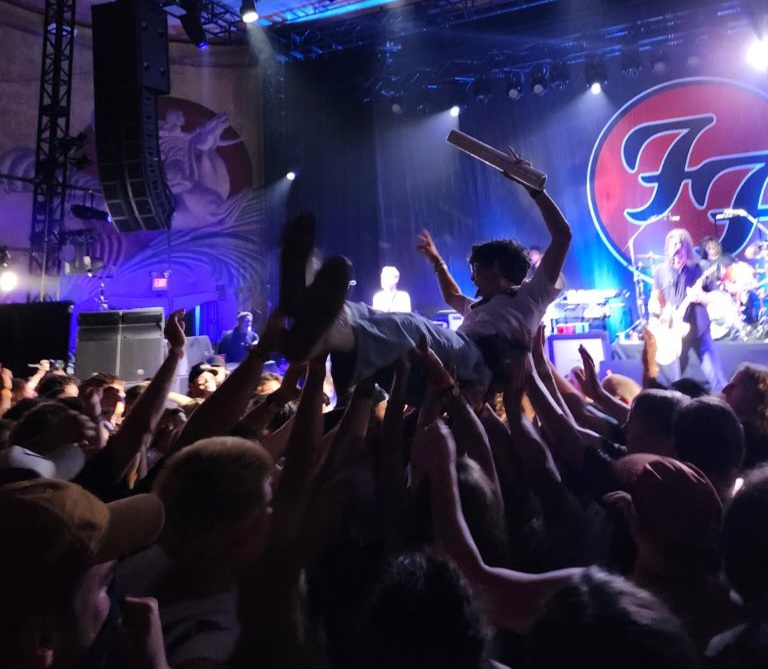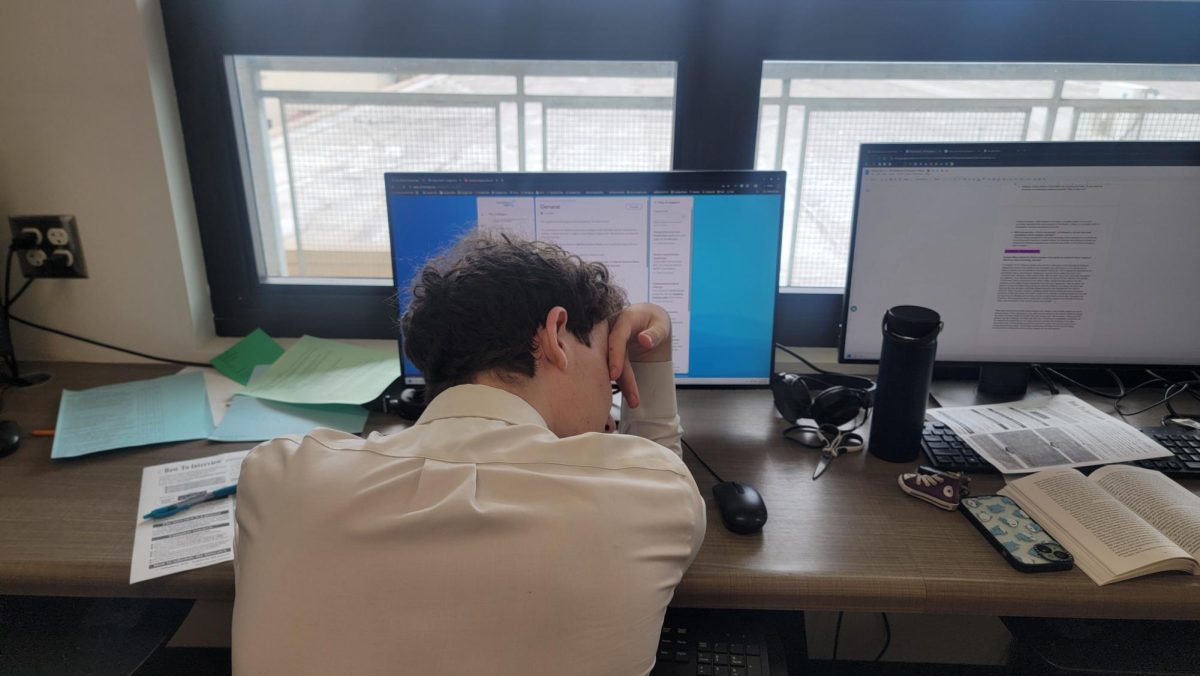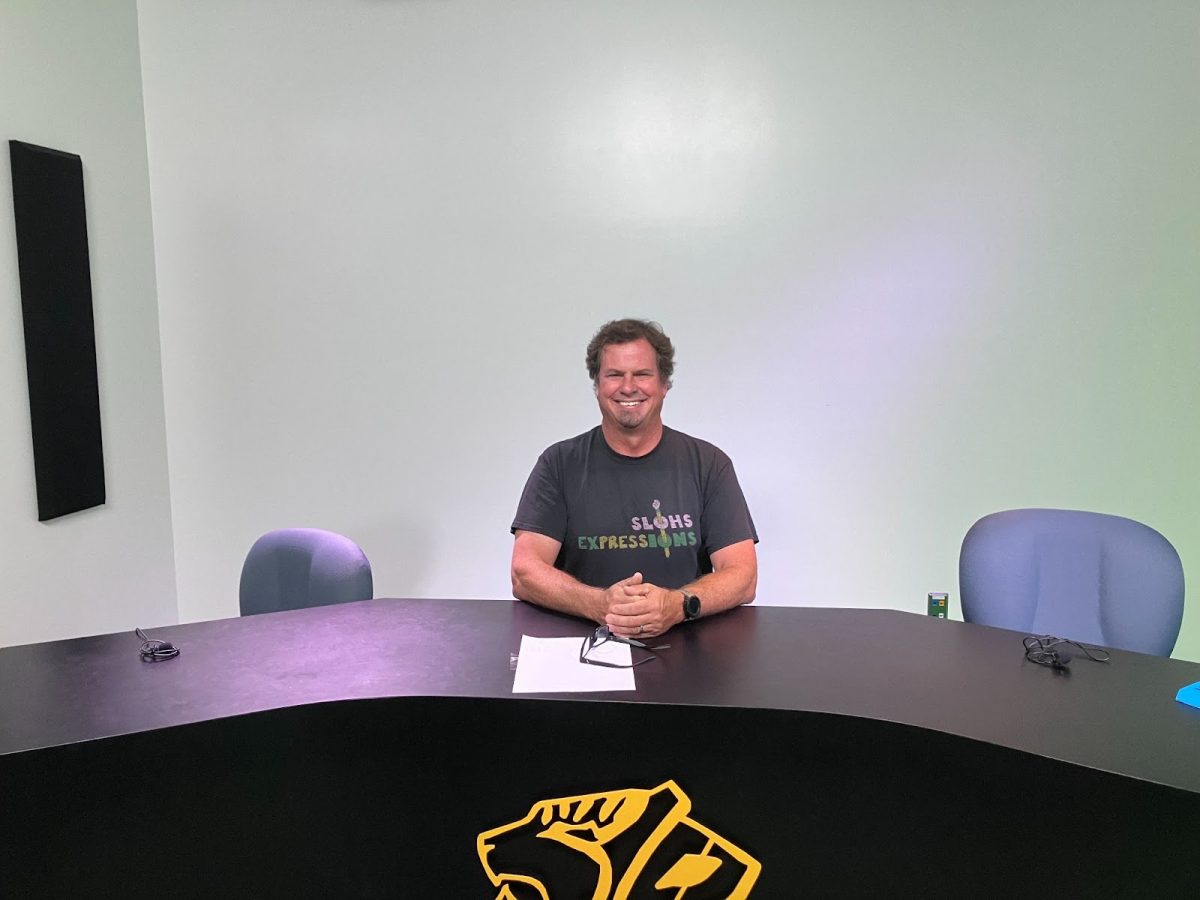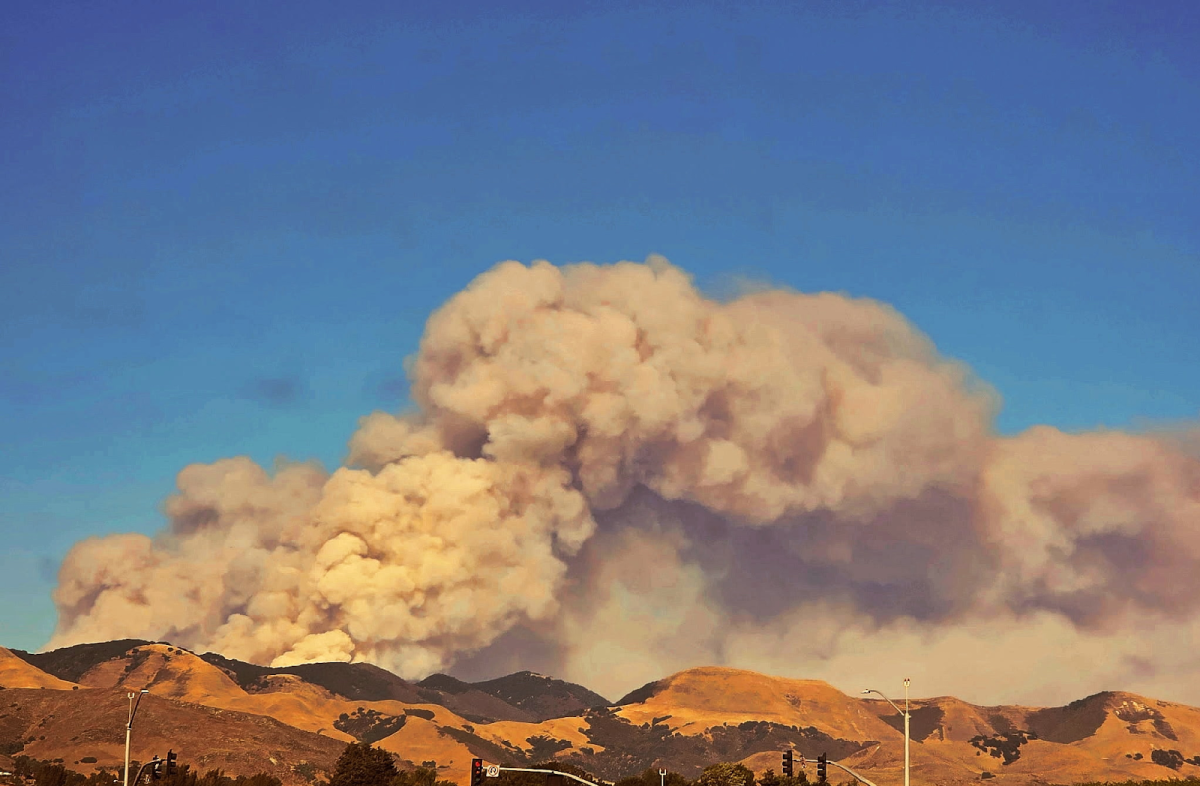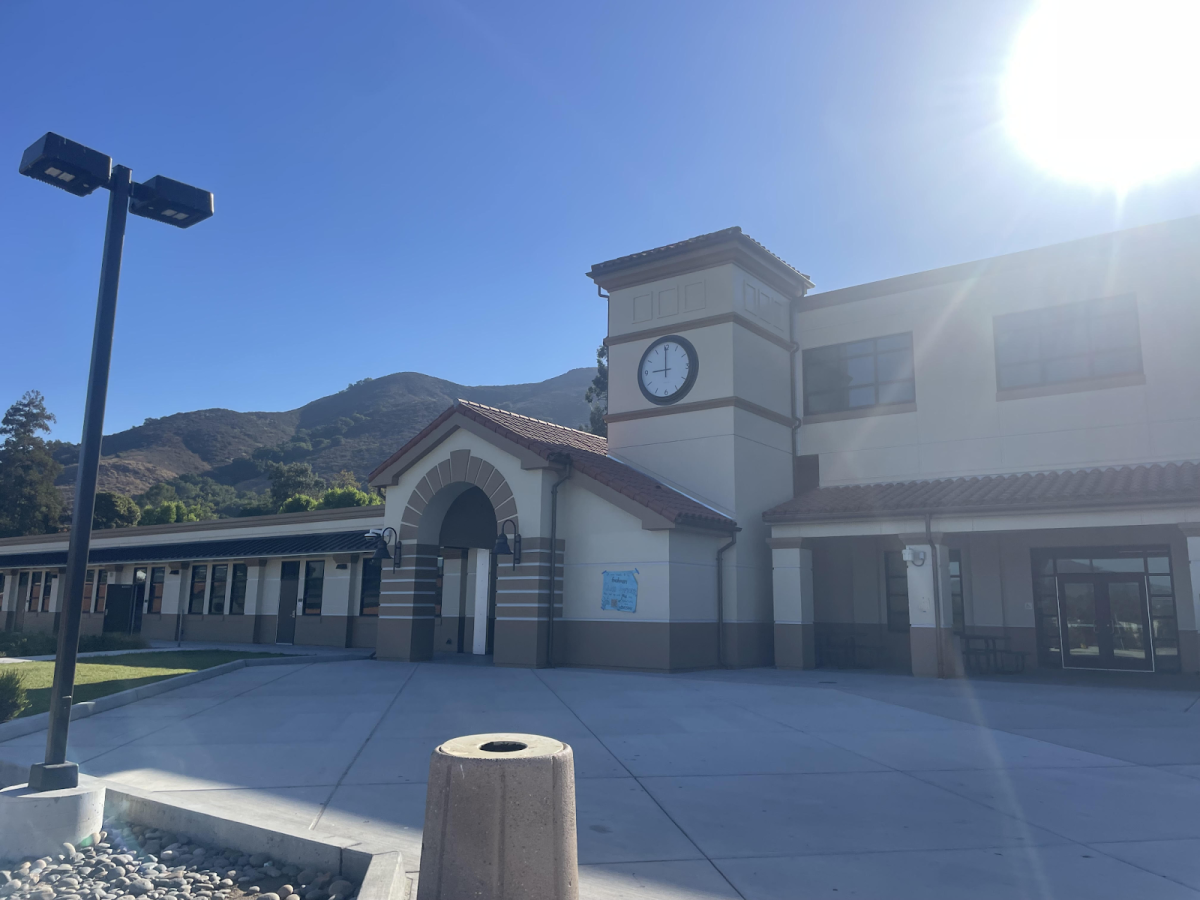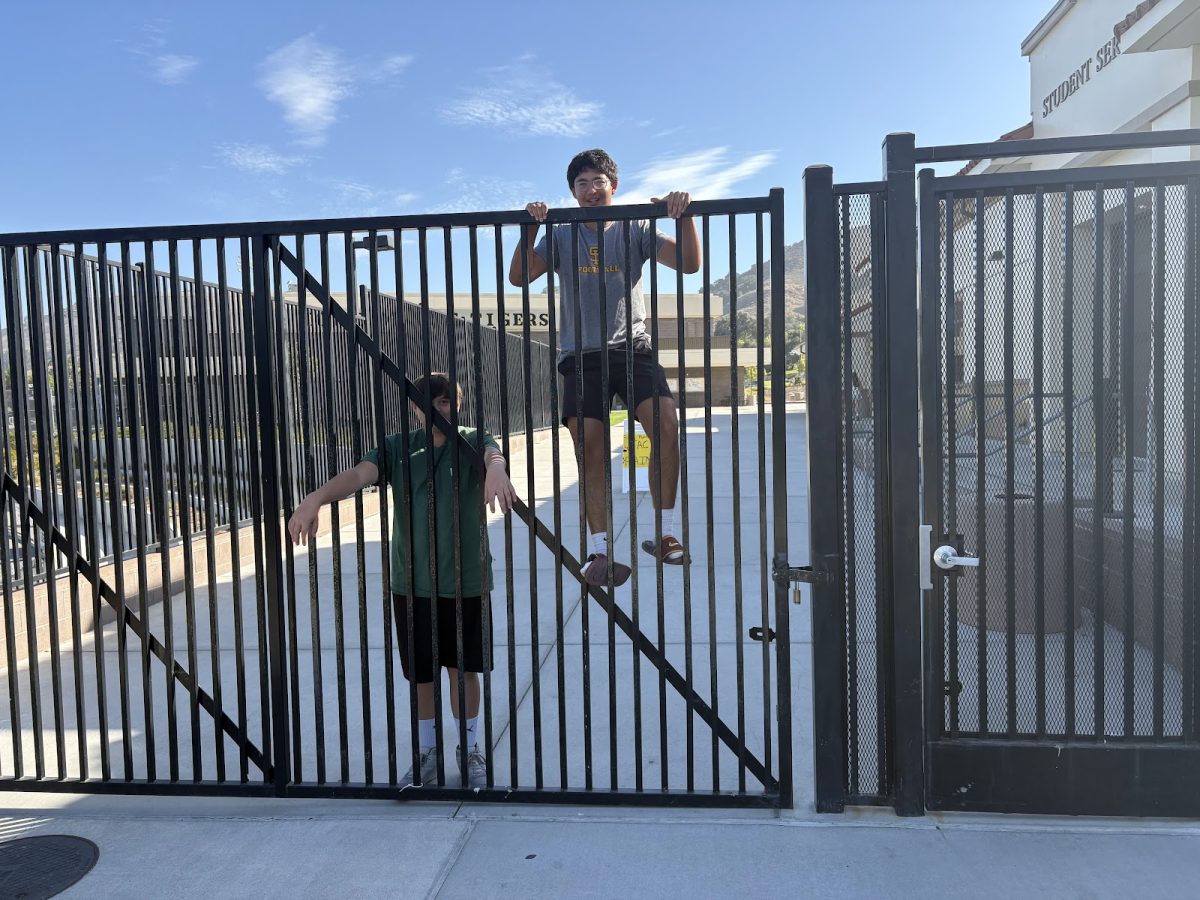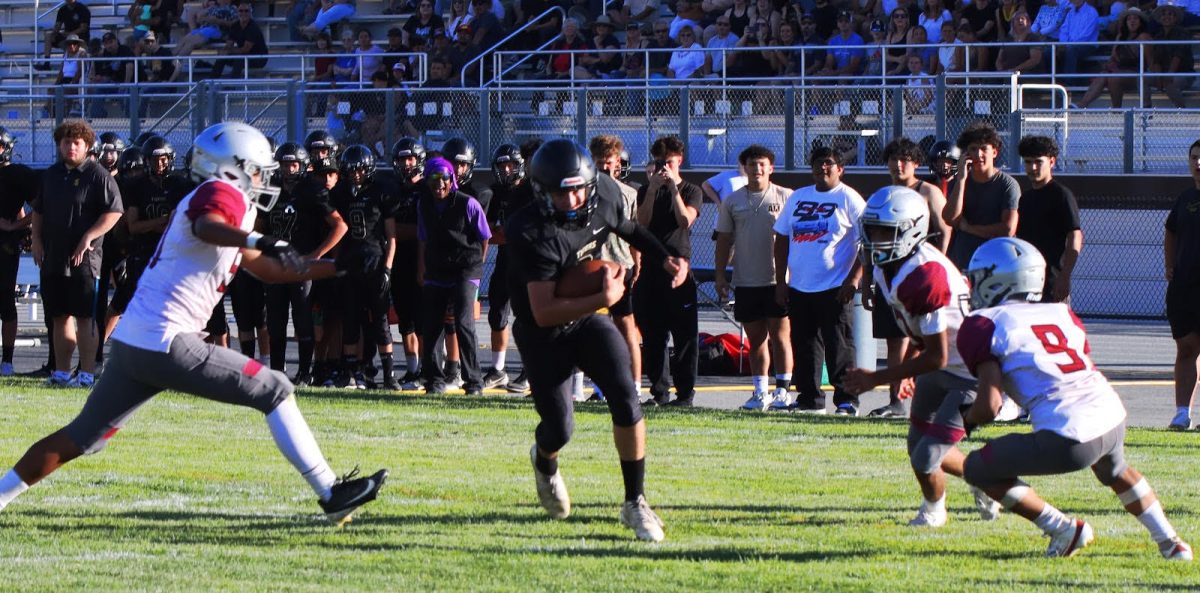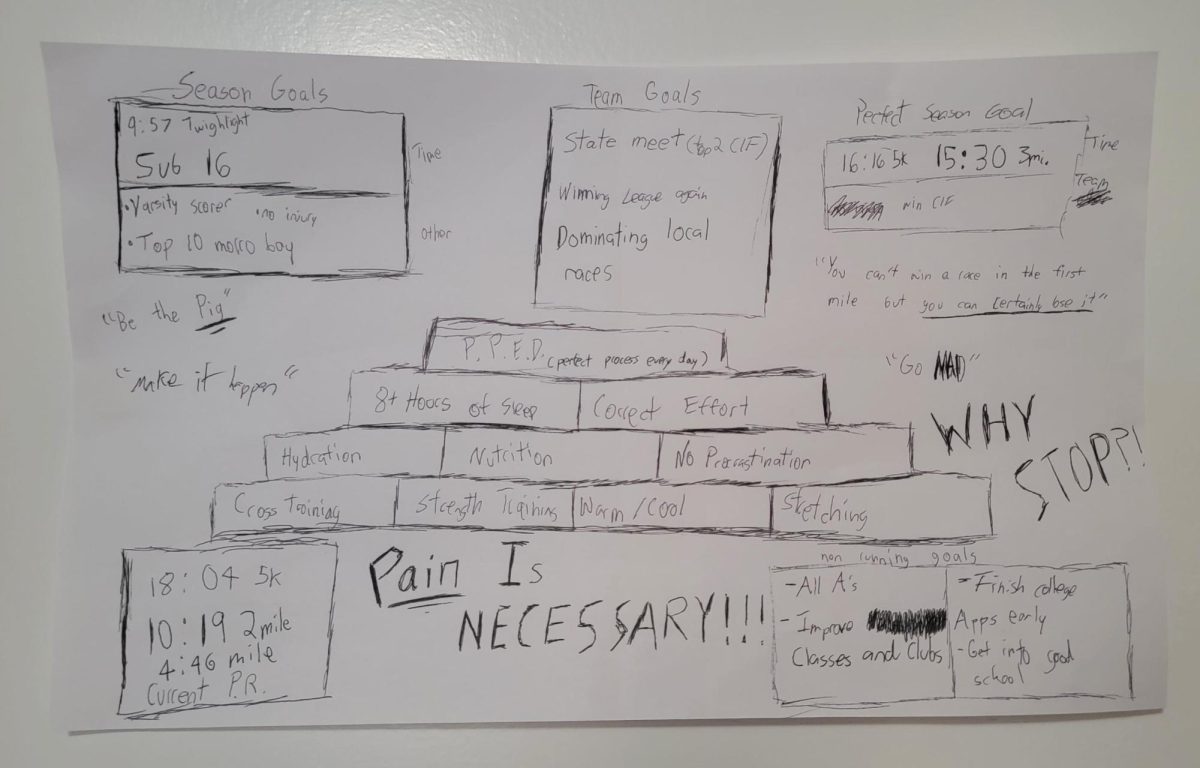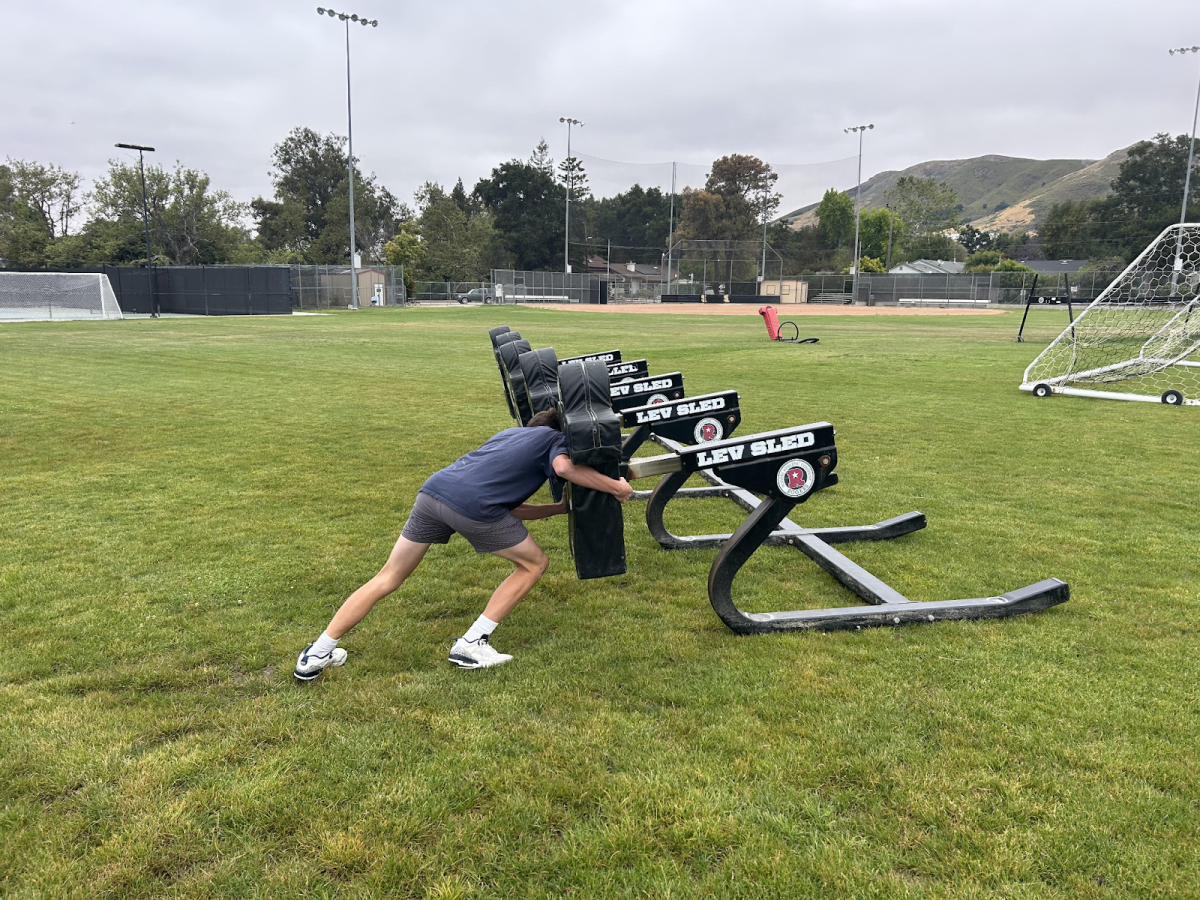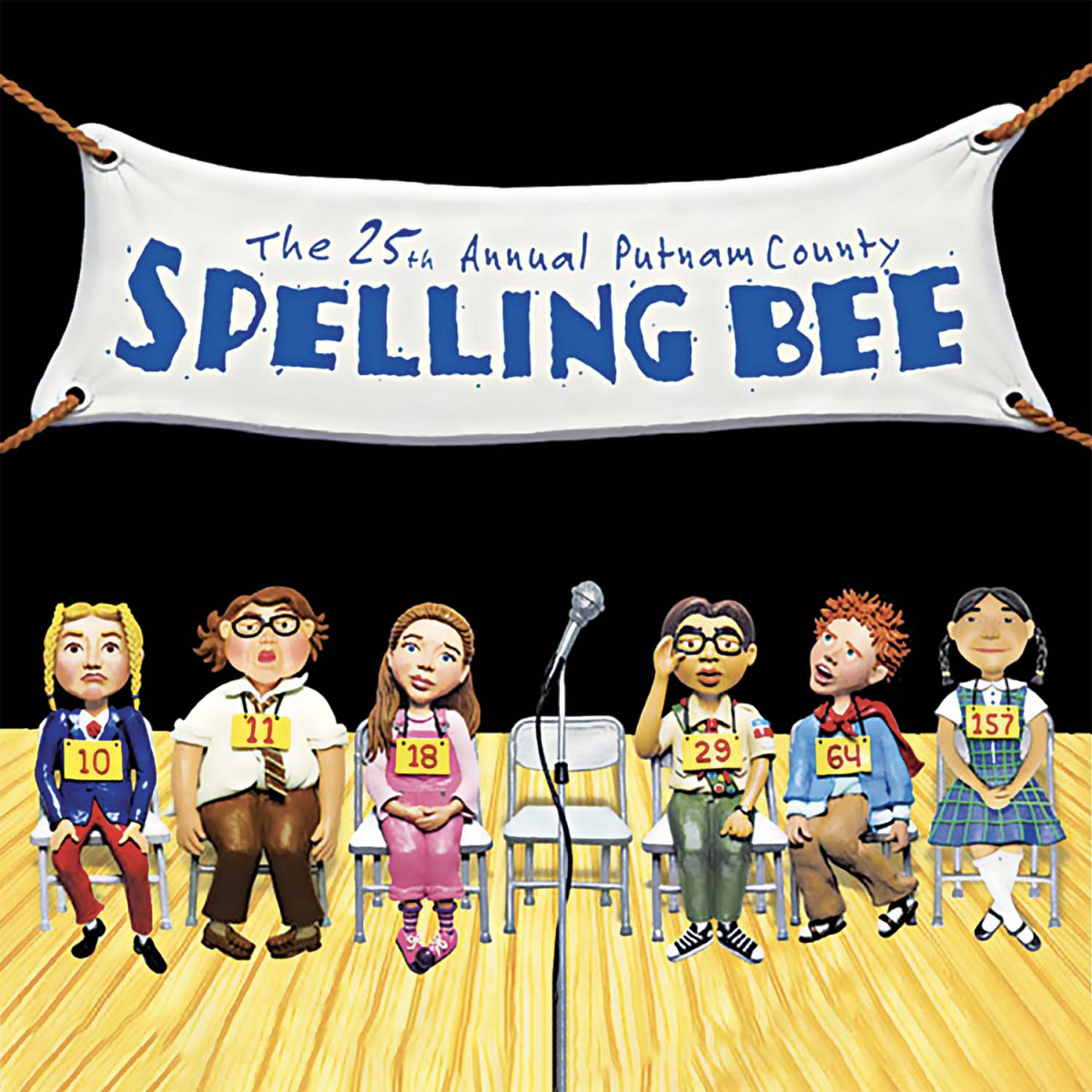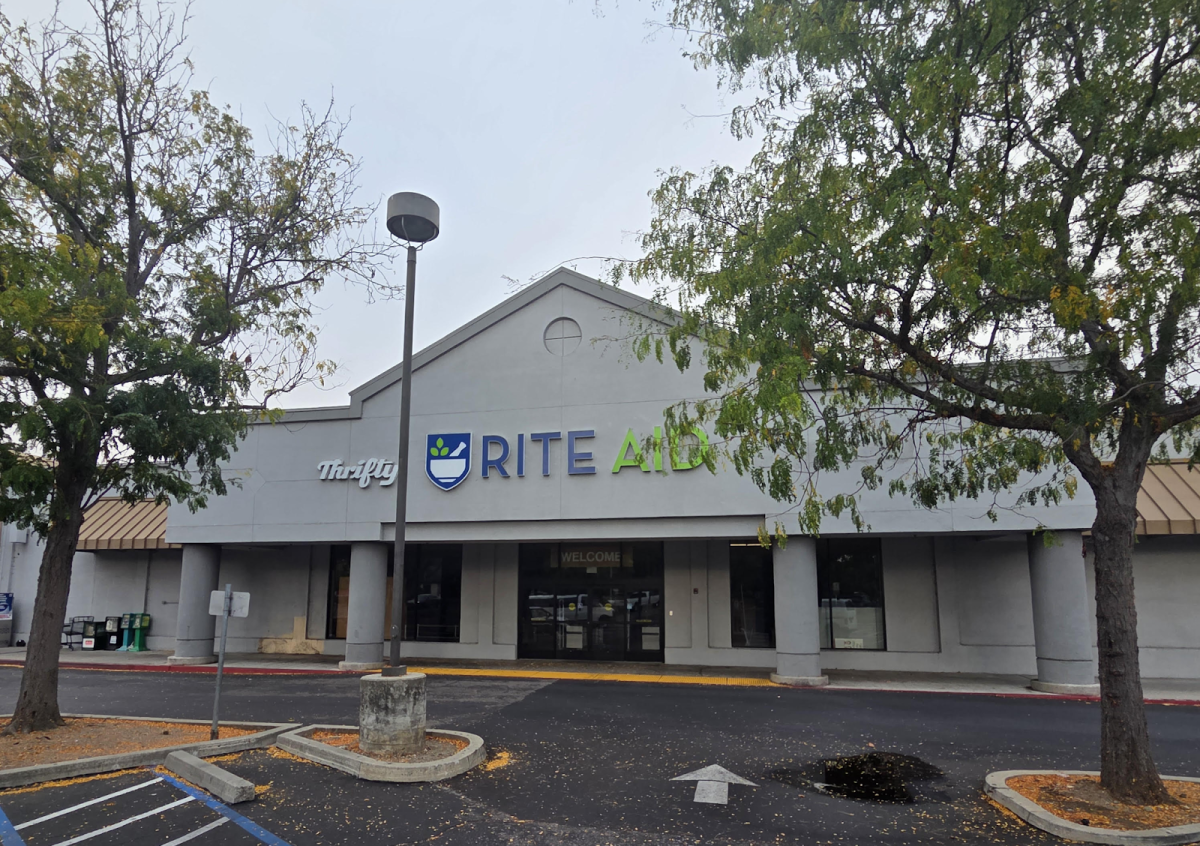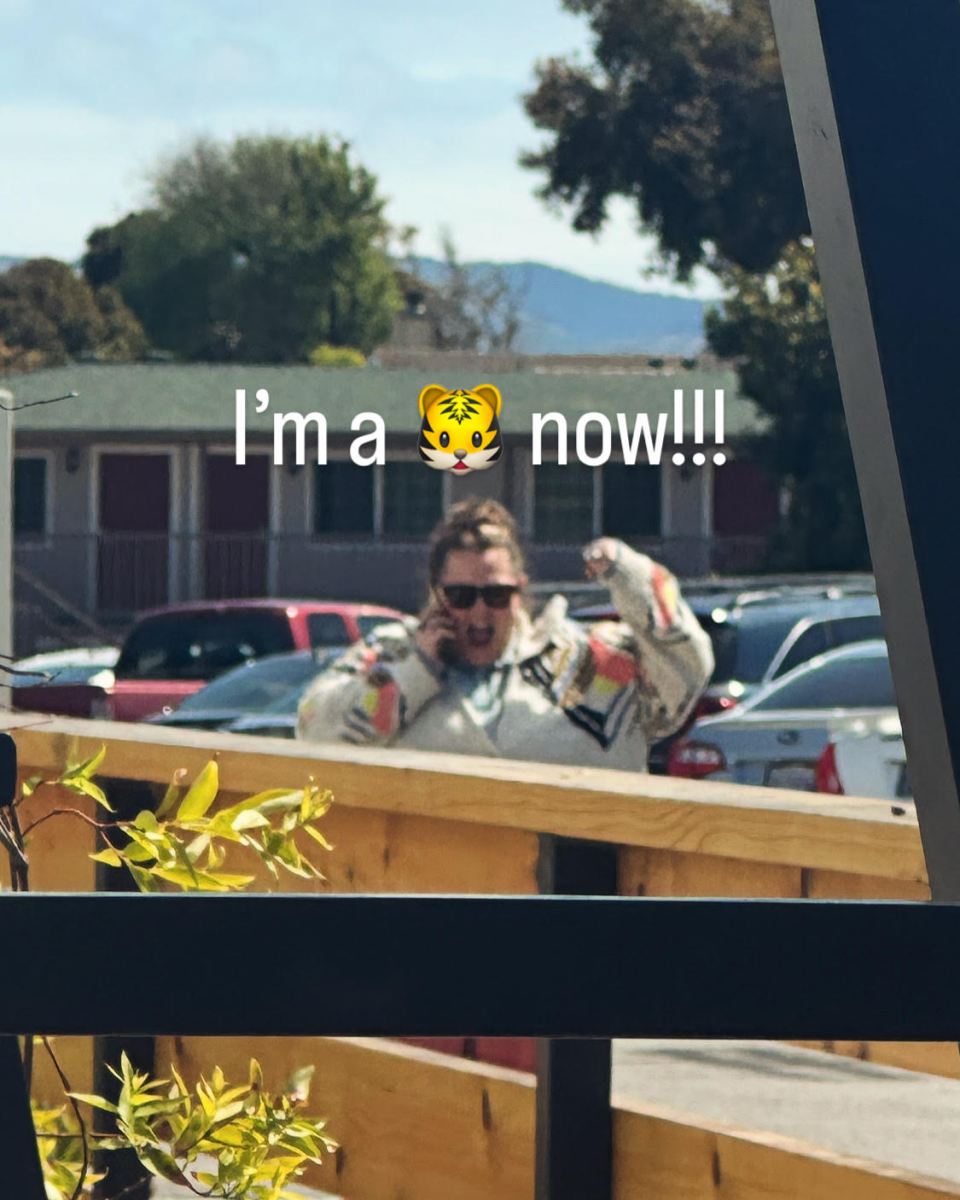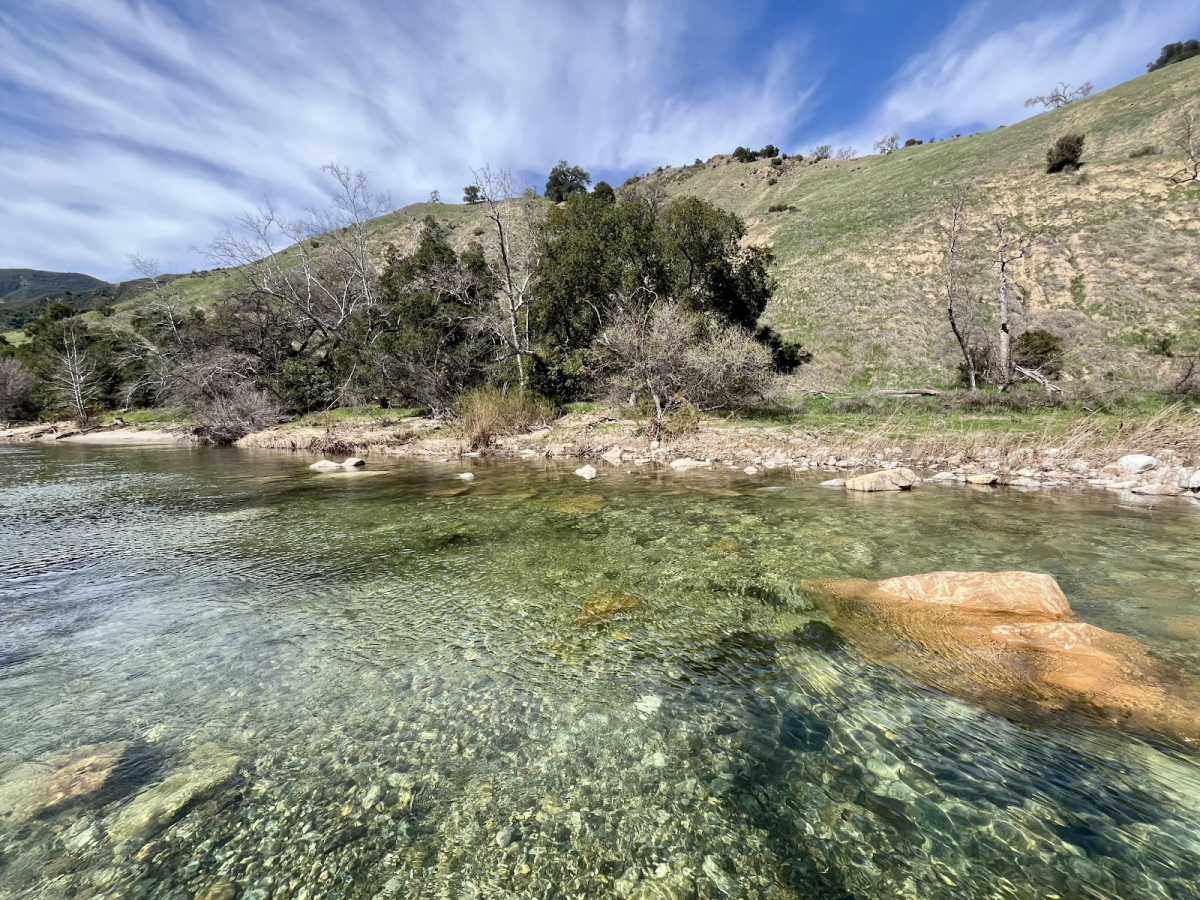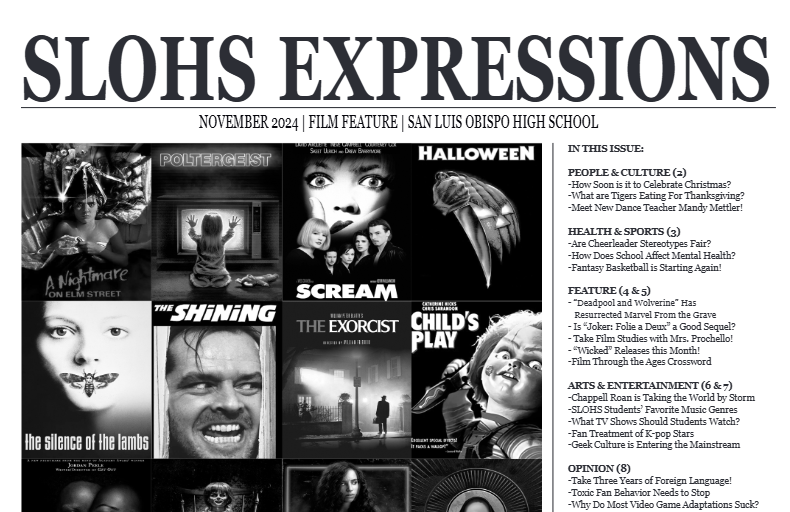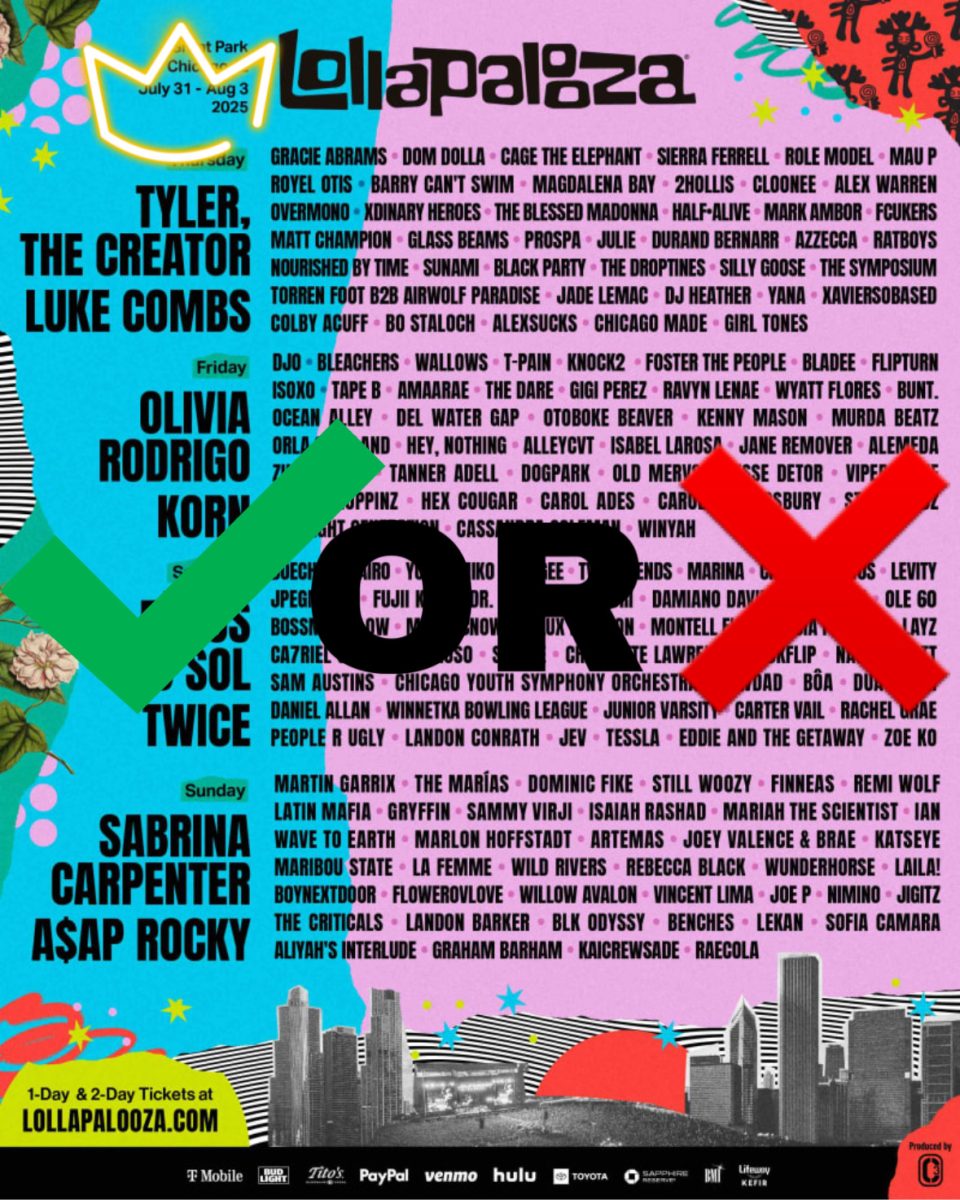Photo Illustration courtesy of Senior Drew Vander Weele.
From “1984” to “Brave New World” these classic dystopian novels have been literary favorites for many years influencing political theories and personal beliefs for all readers.
Today countless references to these novels are made to describe our polarizing political climate, yet some of these references have become ironic or even laughable, due to an incomplete understanding of these novels. Expressions has decided to interview teachers and students on what their views are on what these novels truly mean.
“These novels do not necessarily reflect our current political and social climate, but we can draw parallels between their fictional societies and the world in which we live. For instance, “soma” the drug of choice in Brave New World that allows citizens to “escape” whatever they find unsettling or stressful can in contemporary society’s dependence on medications to relieve “pain” and even in the unhealthy relationship (addiction?) so many teenagers (and adults) have with social media sites,” said AP Literature and Composition teacher Ivan Simon.
We can look at these novels as guides, they aren’t prophetic texts from the future, but they are ways to interpret our twisted world with its warnings. “1984” focuses on a society buried in mass surveillance and enforcement and some this can be compared to the action of the most recent attorney general William Barr and the many issues with surveillance of American citizens on our soil. We can’t use these novels as apocalyptic prophecies of what is to come, but of the worst outcome of society focused on control and power.
“It is possible that any reader could misread a novel and attempt to make it serve their own purposes. This is why it’s important for everyone to be able to read and interpret literature on their own. It’s so powerful that most people in our society receive an education where they are taught to read from a young age. Literacy has not always been accessible to all people in society throughout history–and even isn’t universally so now–and I think that a lot of people take that for granted. Literacy is a key part of maintaining a functional democracy,” said AP Language Composition teacher Jane Hawley.
Orwell and Huxley are writers who were extremely focused on the political climate of their times. Taking a look into scientific advances much like Mary Shelley did with Frankenstien. Orwell’s novel “Animal Farm” takes a look into the Russian Revolution and how corruption and self-preservation can destroy utopian ideals, and yet many readers overlook the fact that even though Orwell was extremely critical of this social experiment he was favorable towards socialistic economic plans. These writers’ theorems aren’t black and white and they can’t be used to forward political idealism. We as readers decide what these novels mean to us, but if anything these novels are providing warnings of ignorance.
“I think that some parallels could be made between 1984 and our current political climate, but only in that the world described in 1984 depicts an extreme, worst-case scenario of our world. I definitely think that there is more than one way to read them; for instance, Orwell’s depiction of “socialism” under the Party might strike some as a warning about the dangers of leftism, but in my view, Orwell’s “socialist” nation is a parody of what many misconstrue socialism to be. Orwell was himself a socialist, after all, and it’s clear from his writing that Oceania is not actually socialist in any form, but merely claims to be,” said senior Ingrid Chen.

